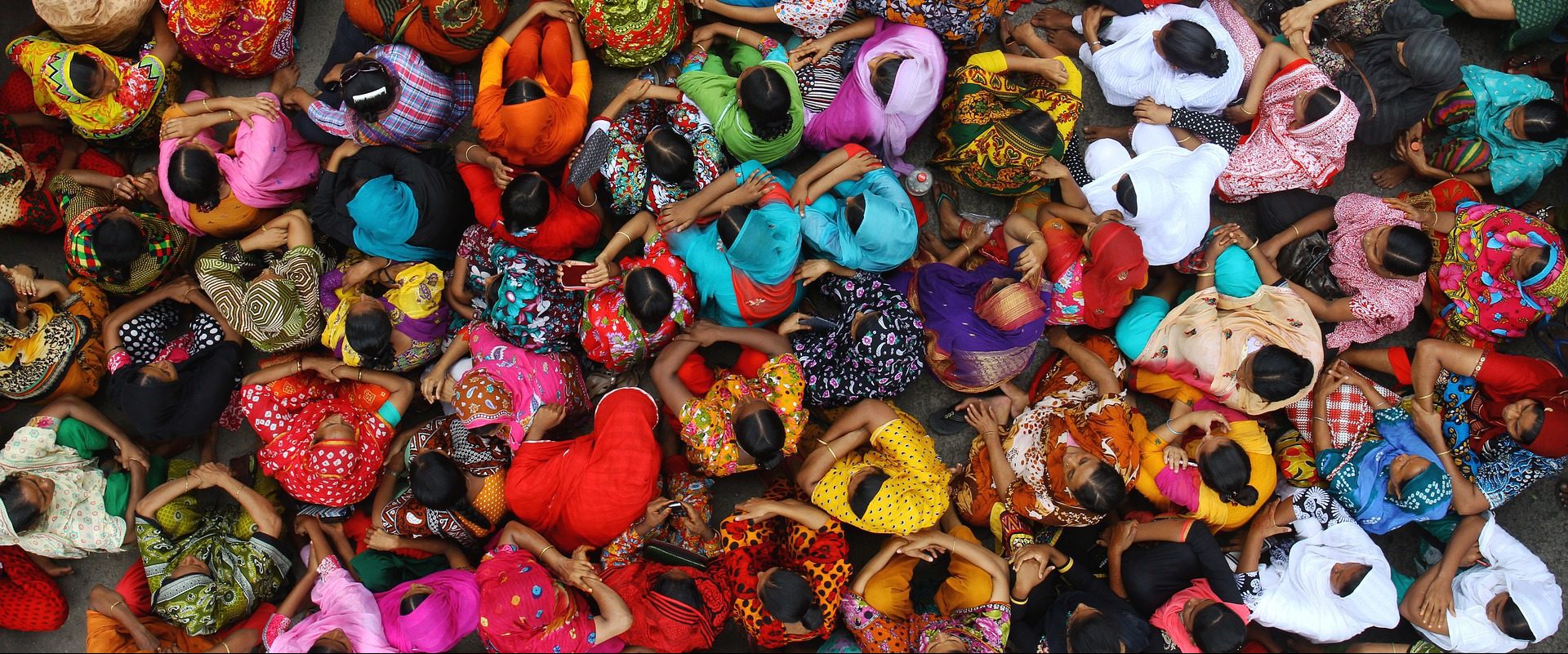
Human Trafficking in South Asia: Application of Anti Trafficking Laws and The States’ Duty to Protect Human Rights of The Victims
Abstract
Human trafficking, a neo-slave trade, is a common menace in South Asia. It means the illegal transfer of one person from one place to another place. Thousands of people have been subjected to cross-border trafficking over the years from less developed countries, mostly from Bangladesh and Myanmar, to comparatively developed countries like Indonesia, Thailand, and Malaysia by sea. Many of them died en-route due to starvation and torture. Many died in high sea being evicted by the coast guards from the territorial zones of the countries where the boats, carrying the victims of human trafficking, are destined to. Thousands are also trafficked to India, Pakistan and the countries of Middle- East. The victims are being subjected to sexual slavery, prostitution and forced labour. There seems to be some conflicts between the strict enforcement of the laws on prevention of unlawful entry by the foreigners in the countries where they are being illegally transferred and eviction of them therefrom and the international laws relating to upholding and protecting the human rights of every human being on earth. The human rights law have universal application. Almost all the member states of the United Nations that adopted Universal Declaration of Human Rights, 1948 and other human rights instrument like the ICCPR are promise-bound to protect some human rights of every human being irrespective of colour, race, sex, nationality and place of birth. This paper tries to understand the causes of alarming growth of human trafficking in this region. The study analyses the international conventions, regional conventions, and the domestic laws of the countries that deal with human trafficking. The study will discuss the duties of the concerned states under the international laws to protect the human rights of the victims of human trafficking especially the right to life and the right not be compelled to do any force labour.
Read more here.
